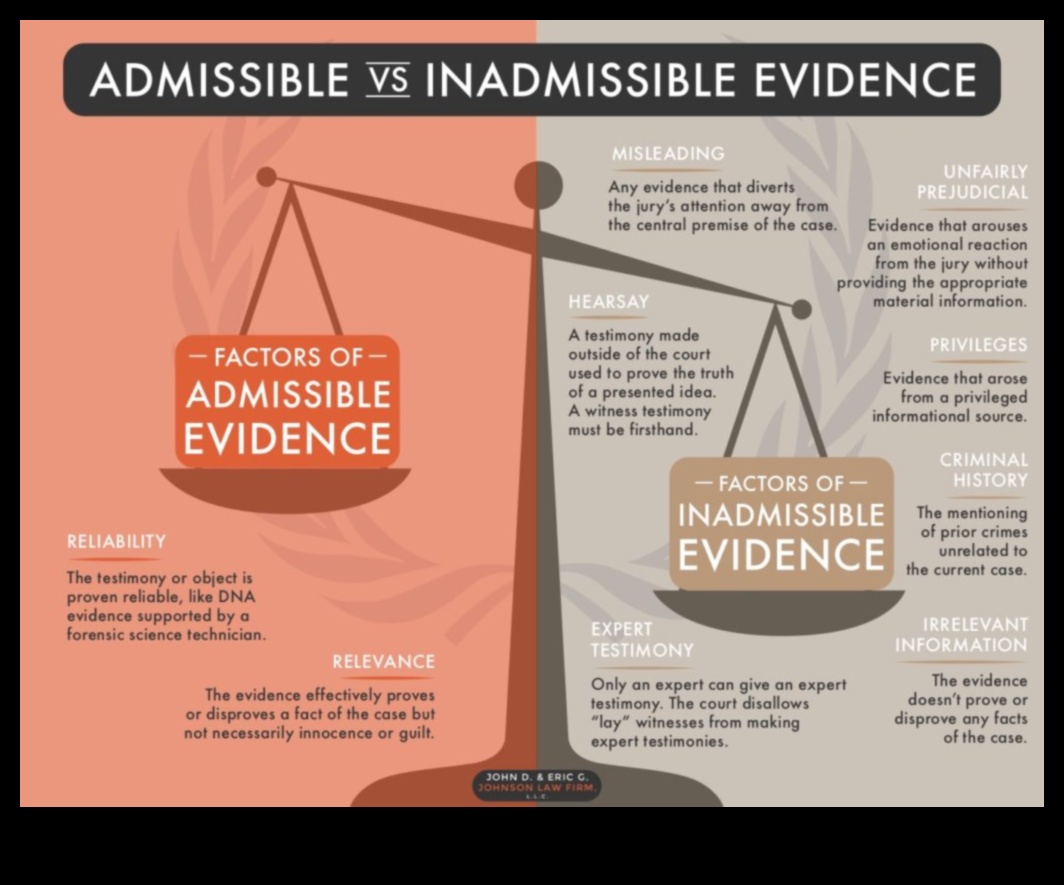
I. Admissible Definition
II. Admissible Examples
III. Admissible vs. Relevant
IV. Admissible vs. Material
V. Admissible vs. Privileged
VI. Admissible vs. Hearsay
VII. Admissible vs. Deposition
VIII. Admissible vs. Demonstrative Evidence
IX. Admissible vs. Expert Testimony
X. FAQ
* admissibility of text messages in court
* cell phone evidence
* electronic discovery
* text message evidence
* text messaging law
People searching for “are text messages admissible in court” are trying to determine whether or not text messages can be used as evidence in a court of law. They may be interested in this information for a variety of reasons, such as:
- They are involved in a legal dispute and are wondering if their text messages could be used against them.
- They are considering suing someone and are wondering if they can use their text messages as evidence.
- They are a witness in a legal case and are wondering if their text messages could be used to support their testimony.
In order to answer this question, people will need to understand the laws and regulations governing the admissibility of text messages in court. They will also need to consider the specific facts of their case and how those facts might affect the admissibility of their text messages.
Here are some of the factors that courts consider when determining whether or not text messages are admissible:
- The relevance of the text messages to the case
- The reliability of the text messages
- The potential for prejudice or confusion
If a court finds that the text messages are relevant, reliable, and not likely to cause prejudice or confusion, they will be admissible as evidence. However, if a court finds that the text messages are not relevant, unreliable, or likely to cause prejudice or confusion, they will not be admissible as evidence.
By understanding the laws and regulations governing the admissibility of text messages in court, people can make informed decisions about whether or not to use their text messages as evidence in a legal case.
| Feature | Answer |
|---|---|
| Admissibility of text messages in court | Text messages can be admissible in court if they are relevant, reliable, and not likely to cause prejudice or confusion. |
| Cell phone evidence | Cell phones can be used as evidence in court, but the prosecution must show that the cell phone was obtained legally and that the evidence on the phone is reliable. |
| Electronic discovery | Electronic discovery is the process of gathering and producing electronic evidence for use in a legal case. This can include text messages, emails, social media posts, and other electronic data. |
| Text message evidence | Text messages can be used as evidence in court, but the prosecution must show that the text messages are relevant, reliable, and not likely to cause prejudice or confusion. |
| Text messaging law | Text messaging law is a complex area of law that governs the use of text messages in a variety of contexts, including criminal law, civil law, and employment law. |
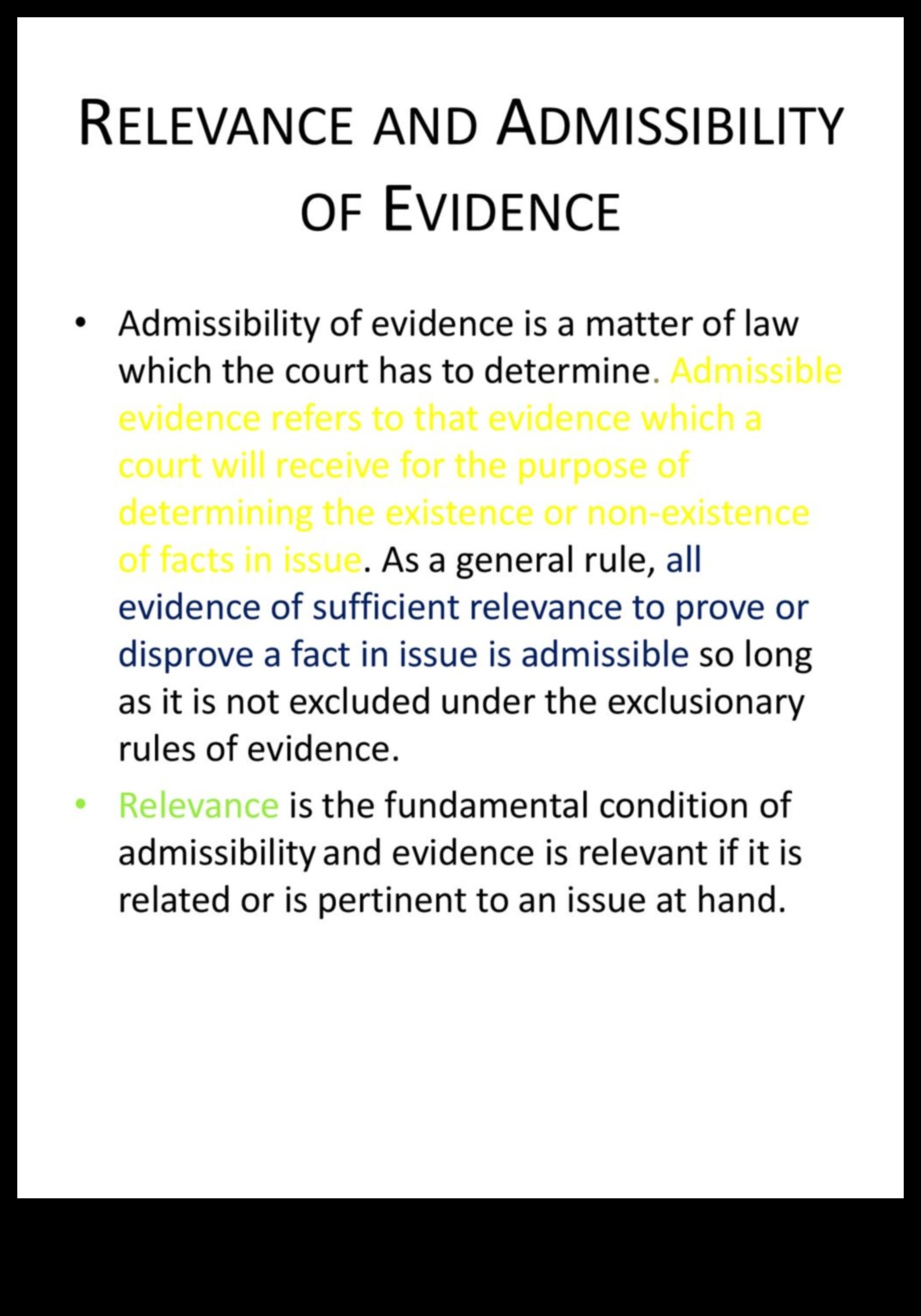
I. Admissible Definition
Admissible evidence is evidence that is allowed to be presented in a court of law.
In order for evidence to be admissible, it must meet certain criteria, such as being relevant, material, and not privileged.
Relevant evidence is evidence that is logically connected to the case at hand.
Material evidence is evidence that is important to the case at hand.
Privileged evidence is evidence that is protected from disclosure by law.
Once evidence has been determined to be admissible, it can be presented to the jury for their consideration.
III. Admissible vs. Relevant
Admissible evidence is evidence that is legally allowed to be presented in court. Relevant evidence is evidence that is logically connected to the case at hand and is likely to help the trier of fact (judge or jury) reach a verdict.
Not all admissible evidence is relevant, and not all relevant evidence is admissible. For example, a witness’s testimony about what they saw someone else do is admissible evidence, but it is not relevant if the witness did not see the person who did the act.
In order for evidence to be admissible, it must meet the following criteria:
* It must be relevant to the case at hand.
* It must be reliable.
* It must not be unduly prejudicial or confusing.
If the evidence meets these criteria, it will be admissible. However, if the evidence does not meet these criteria, it will not be admissible.
Here are some examples of admissible evidence:
* A witness’s testimony about what they saw someone else do.
* A document that is signed by a witness and that contains information that is relevant to the case.
* A physical object that is relevant to the case.
Here are some examples of irrelevant evidence:
* A witness’s testimony about what they saw someone else do that is not relevant to the case.
* A document that is not signed by a witness and that contains information that is not relevant to the case.
* A physical object that is not relevant to the case.
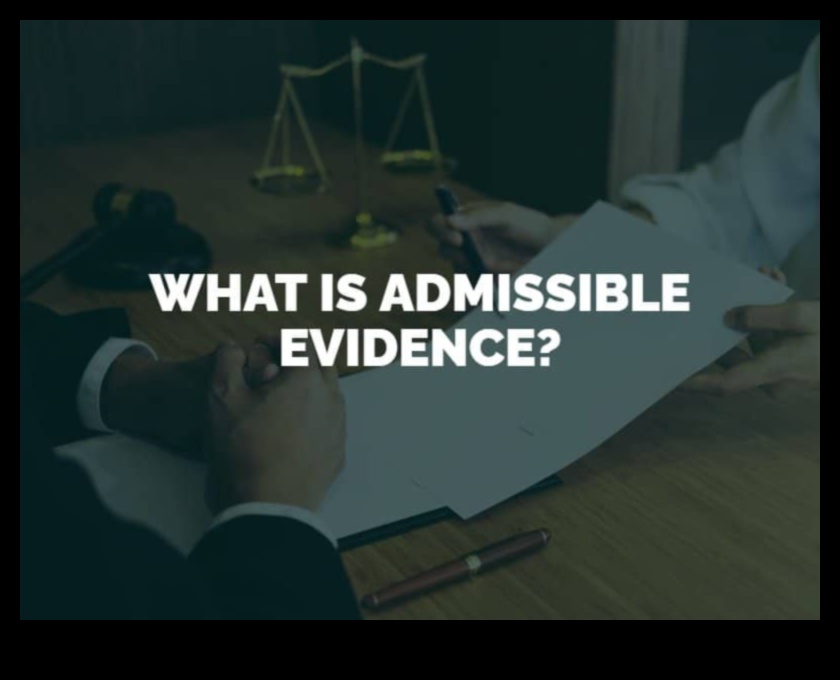
Admissible Definition
Admissible evidence is evidence that is legally allowed to be presented in a court of law. In order for evidence to be admissible, it must meet certain criteria, such as being relevant, material, and not privileged.
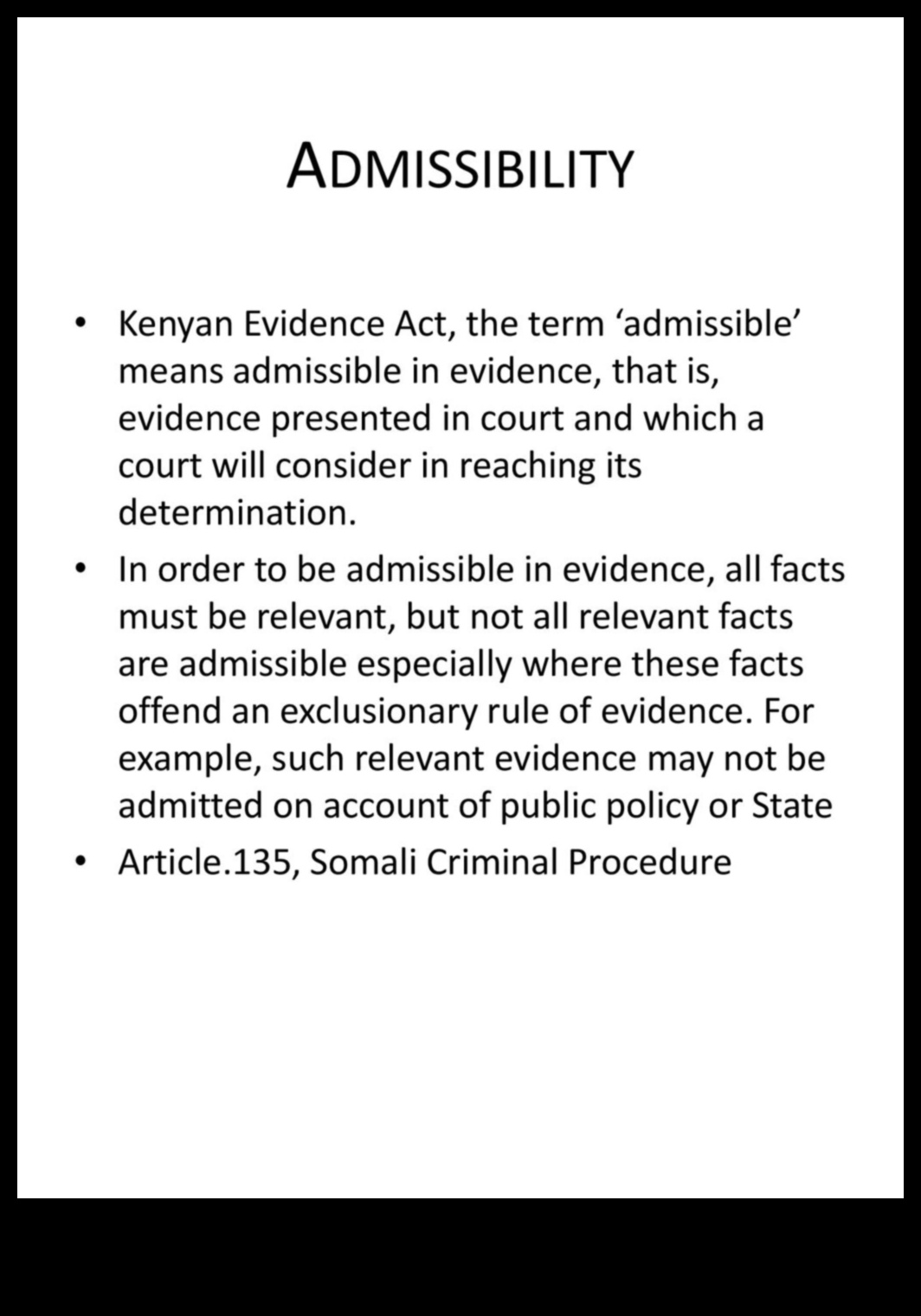
V. Admissible vs. Privileged
Privileged communications are not admissible in court. Privileged communications are those that are made in confidence between a client and their attorney, or between a doctor and their patient. The purpose of privilege is to protect confidential communications from being disclosed in court.
There are a few different types of privileges that apply to text messages. The most common type of privilege is the attorney-client privilege. This privilege protects communications between a client and their attorney from being disclosed in court. The attorney-client privilege applies even if the text messages are not encrypted.
Another type of privilege that applies to text messages is the doctor-patient privilege. This privilege protects communications between a doctor and their patient from being disclosed in court. The doctor-patient privilege applies even if the text messages are not encrypted.
It is important to note that not all text messages are privileged. For example, if a text message is not made in confidence, it is not privileged. Additionally, if a text message is made for the purpose of committing a crime, it is not privileged.
If you are unsure whether or not a text message is privileged, you should consult with an attorney.
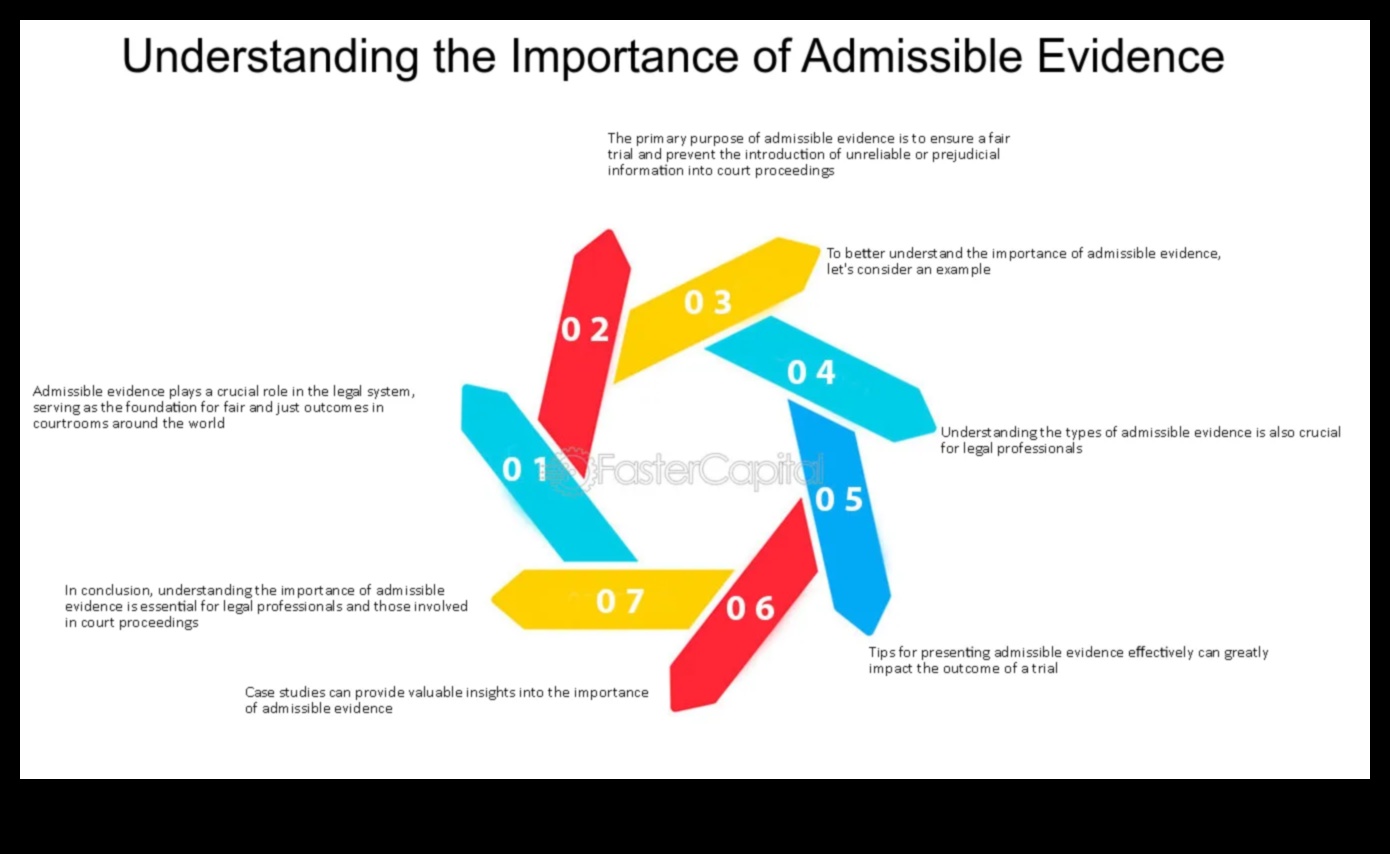
VI. Admissible vs. Hearsay
Hearsay is an out-of-court statement that is offered in court to prove the truth of the matter asserted. Hearsay is not admissible in court unless it falls under one of the exceptions to the hearsay rule.
Text messages can be considered hearsay if they are offered in court to prove the truth of the matter asserted. However, text messages can also be considered non-hearsay if they are offered for a different purpose, such as to show the state of mind of the sender or recipient.
In order to determine whether a text message is hearsay, the court will consider the following factors:
- The purpose for which the text message is being offered
- The circumstances surrounding the creation of the text message
- The relationship between the sender and recipient of the text message
If the court finds that the text message is hearsay, it will not be admissible unless it falls under one of the exceptions to the hearsay rule.
Some of the most common exceptions to the hearsay rule include:
- The excited utterance exception
- The present sense impression exception
- The dying declaration exception
- The business record exception
If a text message falls under one of these exceptions, it will be admissible in court even though it is hearsay.
VII. Admissible vs. Deposition
Text messages are considered to be admissible evidence in a court of law if they are relevant, reliable, and not likely to cause prejudice or confusion. However, text messages may not be admissible if they are considered to be a deposition. A deposition is a statement that is made under oath by a witness who is being questioned by an attorney. Depositions are typically used to preserve the testimony of a witness who is not available to testify at trial. If a text message is considered to be a deposition, it will not be admissible as evidence at trial.
There are a few factors that courts consider when determining whether or not a text message is a deposition. First, the court will consider whether the text message was made under oath. Second, the court will consider whether the text message was made in response to questions from an attorney. Third, the court will consider whether the text message was made in anticipation of litigation. If the court finds that the text message meets all of these criteria, it will be considered to be a deposition and will not be admissible as evidence at trial.
However, there are a few exceptions to this rule. For example, if a text message is made by a party to the lawsuit, it may be admissible even if it is considered to be a deposition. Additionally, if a text message is made by a witness who is not a party to the lawsuit, it may be admissible if it is relevant and reliable.
Ultimately, the decision of whether or not a text message is admissible as evidence is up to the court. However, by understanding the factors that courts consider when making this decision, you can make informed decisions about whether or not to use text messages as evidence in a legal case.
Admissible vs. Demonstrative Evidence
Demonstrative evidence is evidence that is used to illustrate or explain something that is being said. It can be anything from a photograph to a diagram to a video. Demonstrative evidence is not considered to be the same as real evidence, but it can be helpful in proving a point.
In order for demonstrative evidence to be admissible in court, it must be relevant to the case and it must be reliable. The judge will also consider whether the demonstrative evidence will be helpful to the jury and whether it will be more confusing than helpful.
If the judge finds that the demonstrative evidence is admissible, it will be presented to the jury during the trial. The jury will be able to use the demonstrative evidence to help them understand the testimony of the witnesses and the arguments of the lawyers.
Here are some examples of demonstrative evidence that has been used in court:
* A photograph of a crime scene
* A diagram of a building
* A video of an accident
* A computer simulation of a financial transaction
Demonstrative evidence can be a powerful tool in a trial. It can help the jury to understand the evidence and to reach a verdict.
* What is the definition of admissible evidence?
* What are some examples of admissible evidence?
* What is the difference between admissible and relevant evidence?
* What is the difference between admissible and material evidence?
* What is the difference between admissible and privileged evidence?
* What is the difference between admissible and hearsay evidence?
* What is the difference between admissible and deposition evidence?
* What is the difference between admissible and demonstrative evidence?
* What is the difference between admissible and expert testimony?
X. FAQ
Q: What is the admissibility of text messages in court?
A: Text messages can be admissible in court if they are relevant, reliable, and not likely to cause prejudice or confusion.
Q: What are some examples of admissible text messages?
A: Examples of admissible text messages include text messages that are relevant to the case, reliable, and not likely to cause prejudice or confusion.
Q: What are some factors that courts consider when determining the admissibility of text messages?
A: Courts consider a number of factors when determining the admissibility of text messages, including the relevance of the text messages to the case, the reliability of the text messages, and the potential for prejudice or confusion.